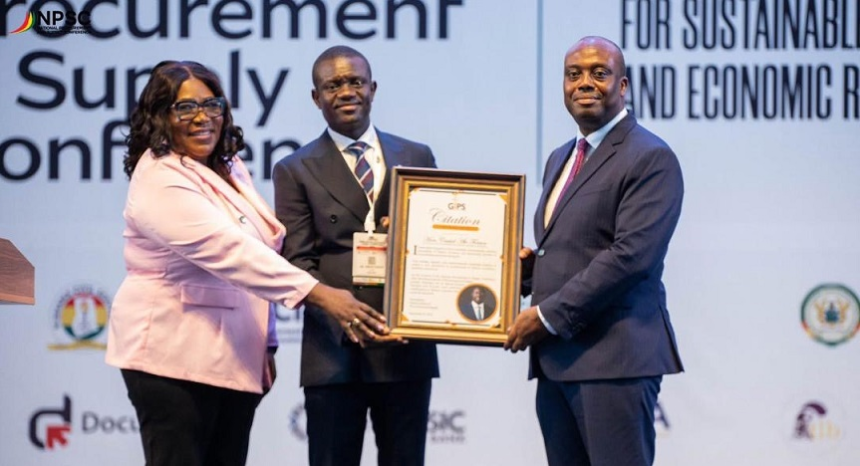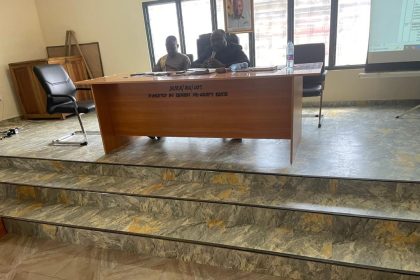Mr Thomas Nyarko Ampem, Deputy Minister for Finance and Economic Planning, has urged Ministries, Departments and Agencies (MDAs) to adhere to the procurement law to help build a procurement system that is compliant and transformative.
He said it was imperative to have a transparent, efficient and accountable public procurement system, as a catalyst for economic transformation, job creation, fiscal prudence and public confidence.
Mr Ampem, who is also the Member Parliament (MP) for the Asuogyaman Constituency, said this at the 11th Public Procurement Forum organised by the Public Procurement Authority, on the theme: “GHANEPS: Enhancing Transparency, Efficiency and Effectiveness in Public Procurement.”
The Forum provided a platform to foster collaboration and partnerships across all sectors and levels of government, thereby advancing the principles of transparency, accountability and value for money in public procurement which is in accordance with Section 3 (s) of the Public Procurement Act, 2003 (Act 663) as amended.
Speaking in connection with the adoption and usage of the Ghana Electronic Procurement System (GHANEPS) in recent years to enhance accountability and fiscal prudence, the Deputy Minister said GHANEPS stood as Ghana’s path in achieving the transparency agenda.
He said the World Bank had indicated that public procurement in Ghana accounted for 13 to 20 per cent of Ghana’s GDP after meeting compensation and debt servicing costs but in practical terms, approximately 40%, which is about Gh¢ 87 billion Cedi of total domestic revenue for 2025, is expected to pass through the public procurement system
“So if we are going to spend that quantum close to Gh¢ 90 billion Cedi through procurement, it is significant to ensure that the procurement processes are done well. It is therefore imperative that we safeguard this process,” the Deputy Minister said.
He said government, in 2025, had amended the Procurement Act to close critical gaps in strengthening compliance and enforcement to align more closely with other public financial management systems.
Mr Ampem said government had accelerated reforms in the public financial management ecosystem with a strong focus on procurement integration, adding that they had integrated GHANEPS with Ghana Integrated Financial Management Information System (GIFMIS).
“It enables seamless verification of budgeted projects and ensures that only duly approved contracts are processed for payments. We processed one transaction at the Ministry of Finance using this integration and we have asked the Ministry to lead in the implementation,” he said.
Mr Frank Mante, Chief Executive Officer (CEO), Public Procurement Authority, said, the Authority had been intensifying the use of electronic procurement (e-procurement), as it had become the best standard practice which had tackle corruption and other unethical procurement practices, including late rendering and alteration of submitted documents.
“Electronic Procurement helps us save time and cost, improves efficiency and reduces waste. It is a key source of data, it impacts SMEs positively and helps in decision-making by giving accurate results. The e-procurement can boost e-commerce,” he said.
The CEO said evidence of e-procurement in the public sector procurement of Indonesia and Somalia had shown that incidents of corruption had reduced, adding that South Korea had seen a growth in their business and financial ecosystem from $119 billion in 2001 to $909 billion 2011 through e-procurement – making a compelling case for Ghana to emulate.
The year 2026 will mark 30 years since Ghana embarked on comprehensive public procurement reforms under the Public Financial Management Reform Program in 1996. Parliament enacted the Public Procurement Act 2003, Act 63, and later amended it in 2016 to establish a legal framework for transparency, fairness and non-discrimination in public procurement.





